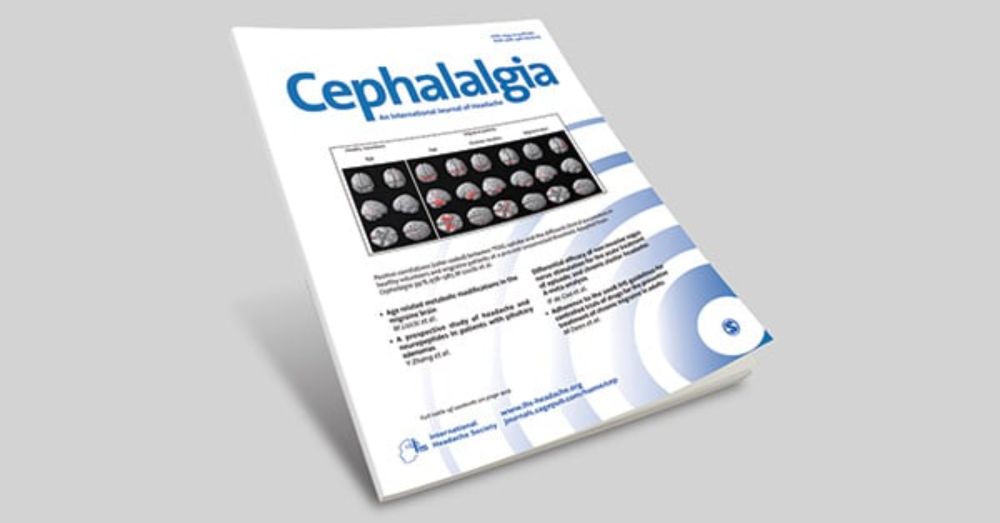Mollie Wood
@anecdatally.bsky.social
1.5K followers
370 following
98 posts
Asst. prof of epidemiology at UNC Chapel Hill
| training at HSPH, UiO, UMass Med, BUSPH | interests in rxepi, repro-perinatal epi, methods | she/her/dr
Posts
Media
Videos
Starter Packs
Reposted by Mollie Wood









